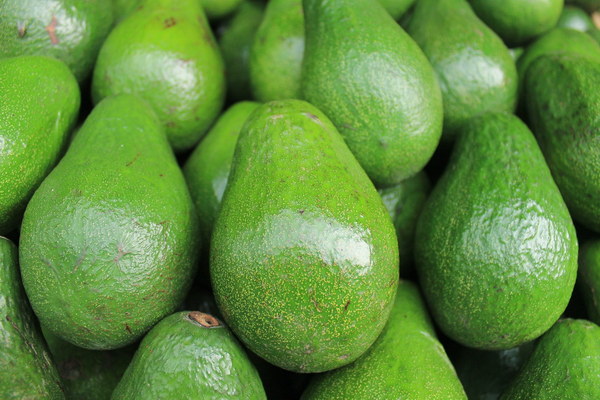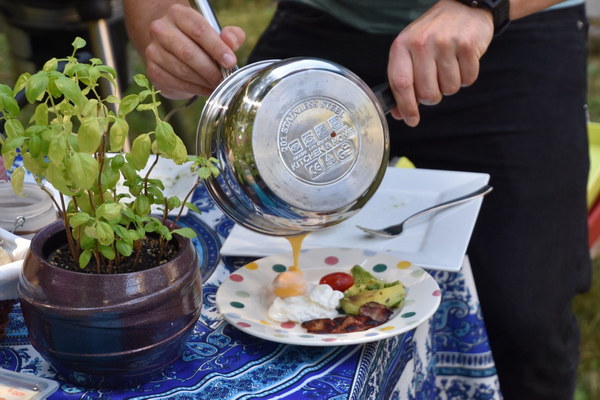The Effectiveness of Traditional Chinese Herbs in Liver Health and Protection A Comprehensive Review
In the realm of holistic health, the use of traditional Chinese herbs for liver health and protection has gained significant attention. The question on many minds is: Do these natural remedies really work? This article delves into the world of Chinese herbal medicine, examining its claims, mechanisms, and the scientific evidence behind its effectiveness in addressing liver-related issues.
Understanding the Liver's Role and Vulnerabilities
The liver is a vital organ responsible for detoxifying the body, processing nutrients, producing bile, and regulating blood sugar levels. It is susceptible to various conditions, including hepatitis, fatty liver disease, and cirrhosis, which can lead to liver dysfunction and, in severe cases, liver failure.
Traditional Chinese Herbs and Liver Health
Traditional Chinese medicine (TCM) has been practiced for thousands of years, and its approach to liver health is multifaceted. TCM views the liver as a key organ in the body, often associating liver dysfunction with issues such as stress, anger, and poor dietary habits. Here are some commonly used Chinese herbs and their supposed benefits for liver health:
1. Scute (Scutellaria baicalensis): This herb is known for its anti-inflammatory and antioxidant properties, which may help in protecting the liver from damage.
2. Bupleurum (Bupleurum chinense): Bupleurum is believed to help regulate the liver's function, reduce inflammation, and improve overall liver health.
3. Chicory (Cichorium intybus): Chicory is used in TCM to support liver function and may help in the treatment of liver conditions such as jaundice.
4. Milk Thistle (Silybum marianum): Though not a traditional Chinese herb, milk thistle is often included in TCM formulas due to its liver-protective properties, particularly its active compound, silymarin.
Mechanisms of Action
The effectiveness of Chinese herbs for liver health is attributed to various mechanisms, including:
- Antioxidant Activity: Many herbs contain compounds that neutralize free radicals, reducing oxidative stress on liver cells.
- Anti-Inflammatory Effects: Some herbs have anti-inflammatory properties that can help reduce liver inflammation.
- Detoxification Support: Certain herbs may enhance the liver's ability to remove toxins from the body.
- Regulation of Liver Function: Herbs like bupleurum are thought to help regulate liver function, improving its overall efficiency.
Scientific Evidence
While anecdotal evidence supports the use of Chinese herbs for liver health, scientific research is increasingly validating their effectiveness. Here are some notable studies:

- A 2016 study published in the journal Phytomedicine found that Scutellaria baicalensis extract helped protect liver cells from oxidative damage.
- A 2019 study in the Chinese Journal of Integrative Medicine reported that a herbal formula containing bupleurum and other herbs improved liver function in patients with non-alcoholic fatty liver disease.
- Another study, published in the Journal of Ethnopharmacology in 2017, suggested that chicory root extract could be beneficial in treating liver disorders such as jaundice.
Considerations and Safety
While Chinese herbs may offer benefits for liver health, it is essential to consider the following:
- Consultation with a Healthcare Professional: It is crucial to consult with a healthcare provider before starting any new treatment, especially if you have existing liver conditions or are taking other medications.
- Quality and Purity: The quality and purity of herbal supplements can vary widely. It's important to choose reputable brands that undergo third-party testing.
- Potential Side Effects: Some Chinese herbs may have side effects or interact with other medications. It's important to be aware of these potential risks.
Conclusion
The use of traditional Chinese herbs for liver health and protection shows promise, with scientific evidence supporting their effectiveness in certain conditions. However, more research is needed to fully understand their mechanisms of action and to establish standardized dosages and treatment protocols. As always, consultation with a healthcare professional is recommended for personalized advice and to ensure safety.









